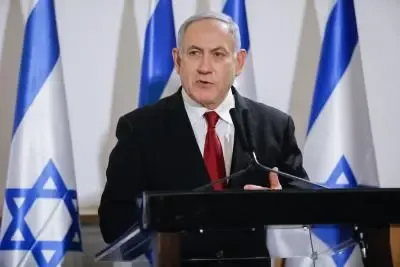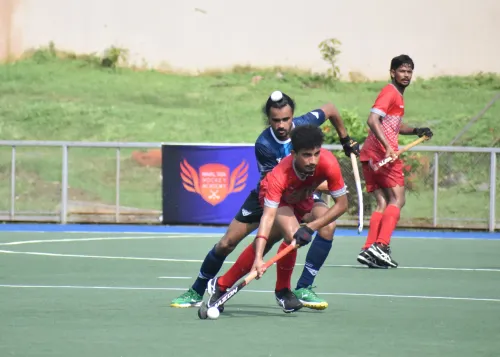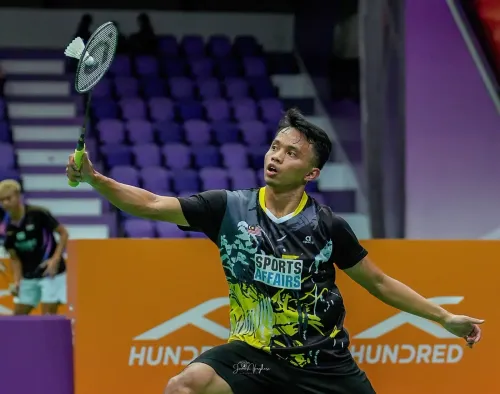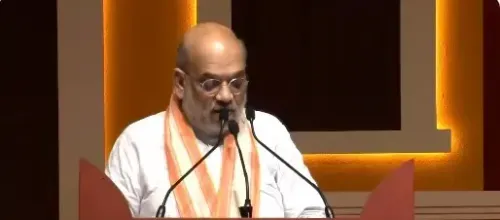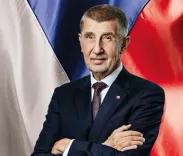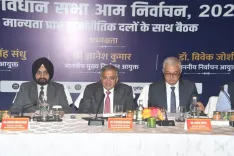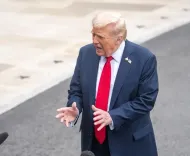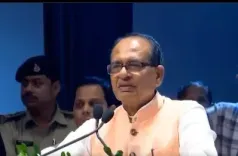Is the Bengali Language Really a 'Bangladeshi Language'?
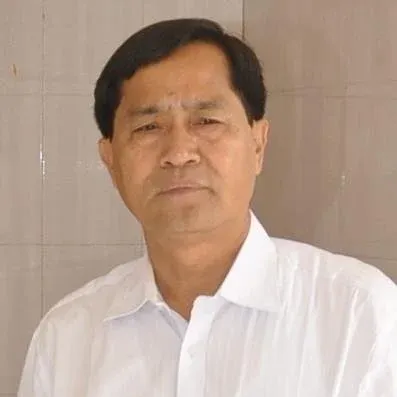
Synopsis
Key Takeaways
- Bengali is one of India's 22 official languages.
- Language should not define a person's identity.
- Respect for linguistic diversity is essential in a multicultural society.
- The term 'Bangladeshi language' is not recognized globally.
- Protests erupted across multiple states in response to the Delhi Police's statement.
Agartala, Aug 5 (NationPress) The main opposition party CPI-M and its ally, the ruling BJP's Tipra Motha Party (TMP), have voiced their disapproval towards the Delhi Police's characterization of the Bengali language as a "Bangladeshi language".
Jitendra Chaudhury, the Leader of Opposition and the Tripura CPI-M Secretary, emphasized that the Bengali language, also known as Bangla, is recognized as one of the 22 official Indian languages listed in the Eighth Schedule of the Indian Constitution.
He remarked, "In Northeast India, numerous languages exist with over 200 dialects. No one should be defined solely by their language. It is essential to respect all individuals, regardless of their mother tongue or cultural background," Chaudhury, a former Minister, stated.
He further criticized the Delhi Police's approach, labeling it as extremely unfortunate and asserting that no such designation as "Bangladeshi language" exists globally.
As a CPI-M Politburo member, Chaudhury highlighted that Bengali is the second most spoken language in India, following Hindi.
The Left leader claimed that incidents of hostility towards the Bengali language and its speakers have been frequently reported in BJP-governed states.
"The national anthem of India was penned in Bengali, yet the language is being demeaned," he asserted.
The controversy initially sparked in West Bengal, subsequently spreading to Tripura and other regions after a letter from a Delhi Police Inspector seeking a translator for the "Bangladeshi language" related to a case at Banga Bhawan, the West Bengal government's guest house in the national capital, circulated widely on social media.
This terminology ignited significant protests and backlash across West Bengal, Tripura, Assam, and various other states.
The TMP, allied with the BJP, also condemned the Delhi Police's use of the term "Bangladeshi language" to describe Bengali.
Pradyot Bikram Manikya Debbarma, the TMP Supremo, expressed his astonishment at the Delhi Police's reference to Bengali as a "Bangladeshi language".
"If it is Bengali today, it could be any other language tomorrow. There is no such language as Bangladeshi language; people in Bangladesh also speak Bengali, which encompasses various dialects," Debbarma noted in a media briefing.
He added, "It is crucial to remember that our national anthem ‘Jana Gana Mana’ was originally composed in Bengali by Rabindranath Tagore. In our Northeast, many languages thrive with over 200 dialects; mutual respect for each other's languages is vital."
The TMP, an ally of the BJP-led government in Tripura, holds two ministerial positions under Chief Minister Manik Saha's leadership.
Previously, West Bengal Chief Minister Mamata Banerjee and Trinamool Congress General Secretary Abhishek Banerjee criticized the Delhi Police, declaring that referring to Bengali as "Bangladeshi language" is "insulting, anti-national, and unconstitutional".

